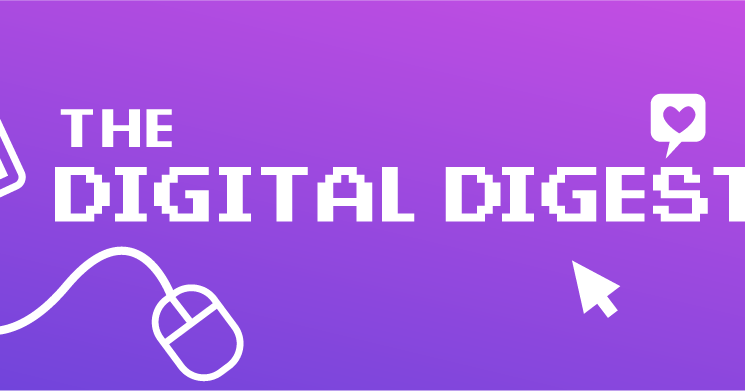Instructor-Prep Plans Overlook Chances to Construct Teachers’ Information Understanding, Report Says

Most faculties and universities need that long run elementary school instructors get social reports and science classes. But a new report argues that these necessities may not be nicely aligned to what they’ll be educating to their college students.
In essence, it suggests, the courses should improved guideline long run instructors toward programs that give them the ideal base of understanding for educating youthful youngsters the principles.
The assessment, released nowadays, arrives from the Countrywide Council on Trainer Top quality, a exploration and policy team that advocates for extra rigorous teacher preparing. The group has earlier reviewed preparation demands in other elementary topics together with early reading through and math.
Looking through and math, in which college students are examined at the elementary level, normally get the lion’s share of attention for the duration of the faculty day in all those grades. Even so, it’s crucial that academics have a sturdy foundation in science and social reports articles too, stated Heather Peske, the group’s president.
Young ones sort attitudes about STEM subjects in the early grades, so beneficial publicity in elementary university can have lifelong implications, she explained. And elementary social experiments education and learning can help lay the groundwork for pupils in what it suggests to be an educated, active citizen.
But there is also the probable to raise students’ literacy with strong material-region instruction.
“Learning about social experiments and science information supports students’ looking through comprehension,” Peske claimed. “Much as learning phonics aids college students decipher phrases, we know that background expertise can help college students attract indicating from what we have read.”
For college students to master and soak up social reports and science content, instructors need to have to fully grasp it very well ample to train it. But surveys clearly show that teachers really do not experience as self-assured in these topics as they do in math or examining.
The 2018 National Study of Science and Mathematics Instruction found that only 42 p.c of elementary instructors felt very effectively prepared to educate social experiments and 31 per cent felt the very same for science, compared with 77 per cent in reading through and 73 p.c in math.
“The subject agrees that teachers simply cannot train what they never know,” Peske reported. “Teachers could not know every thing they are heading to be predicted to instruct when they set foot in the classroom, but they will be more helpful on working day one if they appear from teacher-preparation plans that have provided them the background information to educate science and social scientific tests.”
NCTQ urges much more focused program tips
The NCTQ reviewed state information standards, elementary written content tests, and licensure checks to decide crucial subjects and themes that most teachers would address in social scientific studies and science—like the American Revolution and the nation’s founding, or the framework and properties of make any difference. The team also consulted with an qualified advisory panel.
Then, researchers examined the training course prerequisites for 437 undergraduate elementary preparing systems.
They found that most trainer-preparation applications at these establishments necessary pupils to take numerous courses in these broad subject regions. The typical was 4 science programs and six social reports courses.
And most institutions of better training offered classes that included the certain topics and themes that the NCTQ identified—a class on the American Revolution, for illustration.
But commonly, it was up to trainer candidates to choose which classes to acquire to satisfy the wide social scientific studies and science necessities. To keep on with the American Revolution instance: 95 % of institutions the NCTQ examined made available a course that lined the subject. But only 37 percent demanded that training course particularly for teacher candidates. (For a entire list of matters and training course demands, see the report in this article.)
Students at the other institutions could pick out to get that training course on the American Revolution, which would line up effectively with what they’d then be training to their possess students. Or, they could opt for rather to acquire a class on a various social reports subject, these types of as the historical past of sporting activities in the United States. That could overlap with some parts of elementary material specifications, but it wouldn’t be as carefully aligned as the American Revolution training course.
The group suggests that applications give more specific tips for instructor candidates about what programs they can choose that will both satisfy software prerequisites and prepare them with the written content awareness they require to teach their very own learners.
“We’re not asking universities to build a complete new established of classes,” Peske said. “Programs are lacking a big opportunity to have to have aspiring elementary teachers to take the right programs.”
University courses could deal with unique material and expertise than an elementary teacher would will need in their knowledge foundation. “A college or university course on financial concepts and exchanges—that may possibly effectively have substantially far more strong content than you would be educating 4th graders,” Peske said.
That is the place the teacher-preparation software can do some further investigation, she claimed, functioning with faculty throughout other departments to have an understanding of which courses make feeling to suggest to candidates and which would not be as pertinent.
“It’s the duty of the application to offer you assistance,” Peske stated.


:format(url)/cloudfront-us-east-1.images.arcpublishing.com/baltimorebanner/F5X3E2B2U5HEPOP23MAVVIOVGA.jpg)



